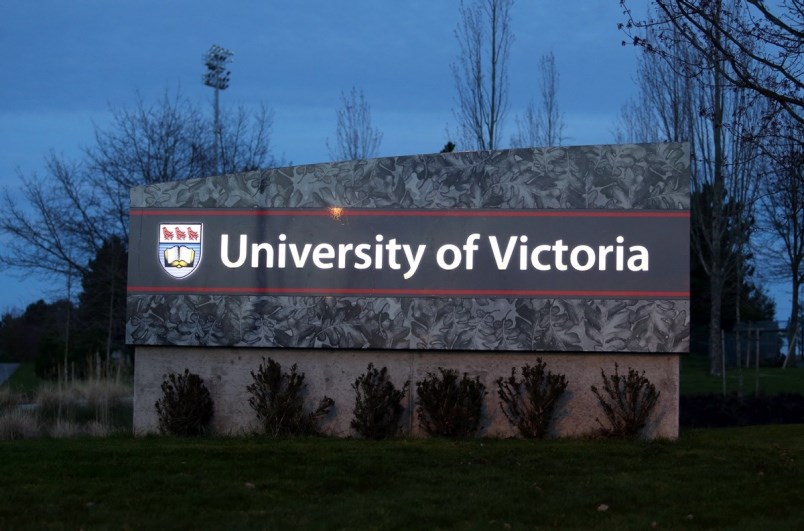A pandemic recovery program for Indigenous entrepreneurs run by the University of Victoria has been given $4.9 million from the federal government.
For the Indigenous Community Entrepreneurship Development and Action Recovery program (I-CEDAR) — which offers training and skill improvement for Indigenous artists, creators and entrepreneurs in tourism and hospitality — it is an injection of life, according to Brent Mainprize, a professor in the Gustavson School of Business and faculty champion for the National Consortium for Indigenous Economic Development.
Mainprize said I-CEDAR is a version of a program UVic has been delivering for eight years. It works with First Nations to develop programs that incorporate entrepreneurship and economic development into a nation’s growth strategy.
“We’ve been so privileged to have been invited to help at the grassroots level with individual Indigenous people who have great ideas for businesses that are either serving the community or tourism-related,” he said.
The program has been all over sa国际传媒 This latest round of funding will help to fill a gap in Indigenous tourism.
“The I-CEDAR program is focused very specifically on economic recovery and is focused on Indigenous artists, cultural adventure, tourism, accommodation, culinary experiences that Indigenous people are creating,” Mainprize said.
“The world is hungry for Indigenous cultural experiences and tourism experiences. The demand is far greater than the than the number of Indigenous entrepreneurs providing that supply of those services. We’re hoping that we’ll play a small part in assisting Indigenous communities in filling that gap.”
The I-CEDAR program balances cutting-edge business concepts with practical learning and adherence to traditional values using one-to-one mentorships and hands-on training.
Participants create or re-structure local businesses to transition to the emerging domestic Indigenous tourism sector with an eye on rebuilding the sector and stimulating economic growth.
The COVID-19 pandemic has had a disproportionate negative effect on Indigenous communities.
Before the pandemic, Indigenous tourism employed 40,000 workers in 1,900 businesses and contributed nearly $2 billion to sa国际传媒’s GDP, according to the Indigenous Tourism Association of sa国际传媒.
The new funding announced this week was part of a $67-million package to aid tourism and hospitality sector businesses and individuals announced by federal Employment Minister Carla Qualtrough.
“The government is working closely with the tourism and hospitality sector to help address challenges they face as a result of the COVID-19 pandemic,” she said.
“The funding … helps businesses get back on their feet and attract and retain the skilled workers the tourism industry needs. Not only are we supporting Canadians who traditionally face barriers to the labour market and providing workers the support they need to find good jobs, we are also helping the tourism sector bounce back.”
Some of the funding will be used to train workers who have been displaced by the pandemic and work to stimulate the economy in Indigenous communities.



